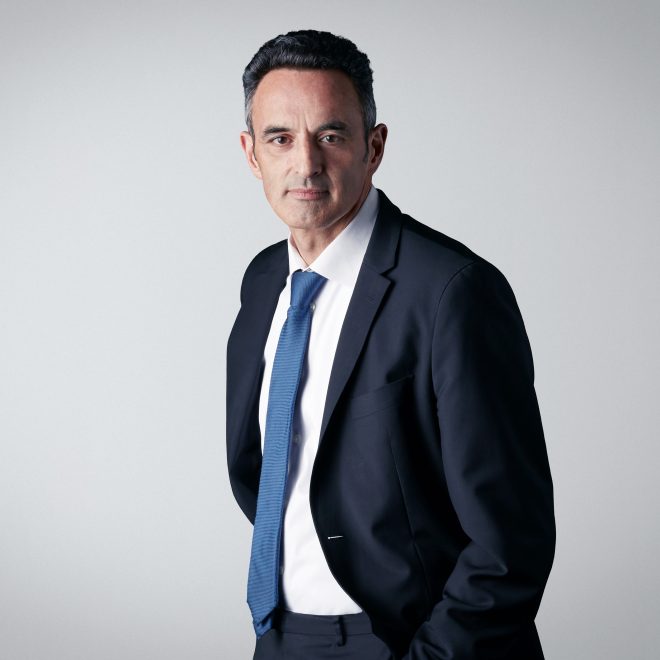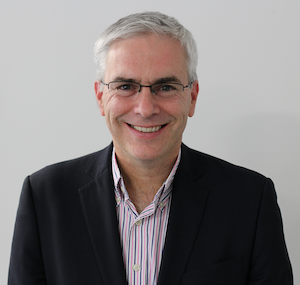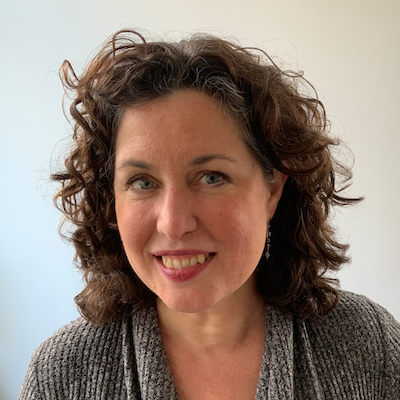Research and its societal impact can be optimised through interdisciplinary and intersectoral collaboration. Not only that, engaging (societal) partners can increase funding opportunities. But which experts or stakeholders would be involved in order to have a positive impact, and in which type of collaborations can you engage?
In this recording of a recent webinar three experts share their knowledge:
- Thomas Alslev Christensen, Senior Vice President for Impact at the Novo Nordisk Foundation
- Jonathan Grant, Founding Director, Different Angles Ltd, Senior Advisor to Researchfish
- Margaret Gold, Coordinator of the Citizen Science Lab, Leiden University
Learn more about
- Experiences in internal and external collaboration (structures)
- Challenges and possible policies, facilities and evaluation practices that should be in place within universities to support research
Please note as this is a jointly hosted event your registration details will be received by both AESIS and Interfolio.
Webinar Programme
Webinar presented in collaboration with AESIS
Words of welcome by AESIS and Researchfish
Anika Duut van Goor, Director of AESIS, The Netherlands
Felicity Rose, Marketing, Researchfish by Interfolio, United Kingdom
Individual presentations by invited speakers
Societal impact management of a research funder
Thomas Alslev Christensen
Sub-topics:
• How Novo Nordisk monitors/evaluates interdisciplinary collaborations;
• The high risks and gains of interdisciplinary research activities and how to monitor progress.

Thomas Alslev Christensen works as Senior Vice President for Impact at the Novo Nordisk Foundation. He is the former Head of Operations at the Novo Nordisk Foundation. He has worked in the Foundation since August 2014. He acts as international STI policy advisor and evaluation expert in international research programmes and policy advisory committees in Germany, Norway, Ireland, the European Commission and Singapore. He is also the chairman of RegLab, a national STI-network organisation.
New power research with purpose: lessons and provocations
Jonathan Grant
Sub-topics:
• New power research: Research for purpose and how it is changing in the 21st century;
• Engaging ‘citizens’ in research: Vision priority partnership;
• Local impact of research: towards a new public narrative.

Jonathan Grant is founding Director of Different Angles Ltd, a consultancy that focuses on the social impact of universities and research. His main interests are in biomedical and health R&D policy, research impact assessment, the use of research and evidence in policy and decision-taking, and the social purpose of universities in the 21st century. Jonathan used to be professor of public policy at King’s College London, which he joined in 2014 to set up the Policy Institute at King’s and was its Director until 2017.
Research collaborations with societal actors and citizens
Margaret Gold
Sub-topics:
• Multi-stakeholder and societal collaborations;
• New learnings and maturing on citizen science;
• What are the types of impact being realized;
• Frameworks of impact.

Margaret Gold is the Citizen Science Lead within the Open Science Programme at Leiden University, and Coordinator of the Citizen Science Lab, which is a project incubator and knowledge hub that brings together scientists, policy makers, citizens, and other stakeholders in participatory research projects that address scientific questions and urgent societal issues. Her primary research focus is on Citizen Observatories and the impacts they have on monitoring the UN SDGs, national and municipal policy formation, environmental planning, social innovation, and behaviour change.
Debate and Q&A
